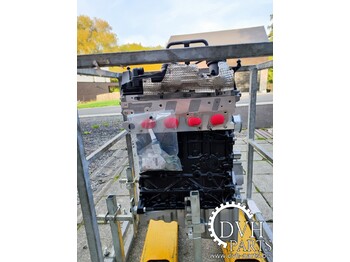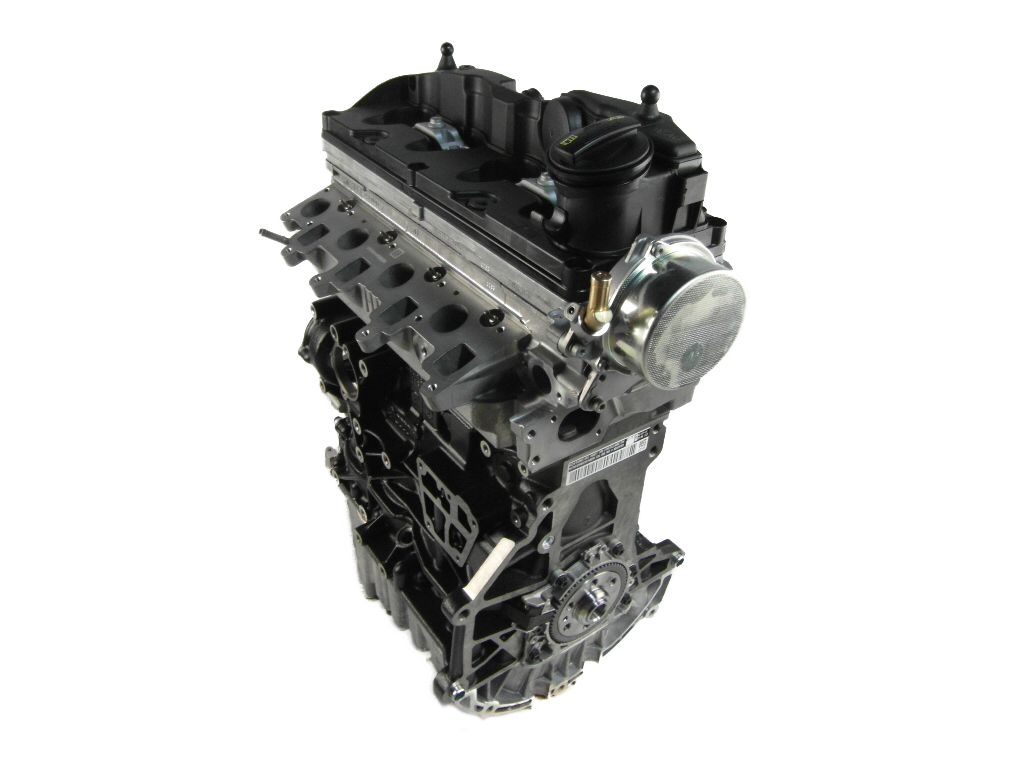Your Ultimate Source for Amarok Engine for Sale-- Reputable Engines for each Requirement
Your Ultimate Source for Amarok Engine for Sale-- Reputable Engines for each Requirement
Blog Article
Important Considerations and Tips for Picking the Right Engine for Your Needs
Picking the right engine is a diverse choice that calls for careful consideration of different variables to ensure ideal performance for your certain needs - amarok engine for sale. Understanding your desired application is paramount, as the demands of industrial, commercial, or leisure usage will considerably affect your selection. In addition, assessing essential specs such as horse power, torque, and gas effectiveness, along with upkeep demands and spending plan restraints, will certainly lead you toward a sustainable investment. However, the ins and outs of engine option prolong past these essentials, motivating a closer examination of crucial aspects that can eventually affect your contentment and success.
Determine Your Function
Determining your function is an important very first step in selecting the appropriate engine for your requirements. Understanding the certain application you have in mind will certainly direct your decision-making process and make certain that you choose an engine that straightens with your operational needs. Whether you need an engine for a business vehicle, industrial machinery, or a leisure job, each situation demands different performance qualities and capacities.
Consider the atmosphere in which the engine will certainly operate. Will it go through hefty loads, extreme temperature levels, or prolonged use? Analyzing these elements will certainly help you determine the essential power outcome, gas performance, and longevity needed to satisfy your purposes.
Furthermore, consider the lasting effects of your choice. Budget constraints, maintenance requirements, and availability of parts are crucial factors to consider that will certainly influence your total satisfaction and operational efficiency.
Ultimately, verbalizing your function will enhance the choice process and equip you to make a notified choice. By clearly defining your objectives, you can assess prospective engines better and select one that not only satisfies your present requirements but likewise supports your future objectives.
Evaluate Engine Requirements
Once you have actually plainly verbalized your purpose, the following action is to examine engine specs. This process entails an extensive evaluation of various technological details that can considerably impact efficiency and suitability for your intended usage.
Begin by analyzing the engine's horse power and torque scores. Horsepower is crucial for establishing the engine's capability to carry out work, while torque is crucial for comprehending just how well it can deal with heavy loads or velocity. Furthermore, consider the engine variation, as it commonly correlates with power output and performance.
Following, check out the engine typeâEUR" whether it is a fuel, diesel, or alternate fuel engineâEUR" as each kind has distinct features and applications. Focus on the engine's setup (e.g., inline, V-type), as this can affect dimension, weight, and overall performance.
An additional important aspect is the engine's cooling system, which can affect dependability and upkeep requirements. Review the producer's credibility and guarantee offerings, as these can give insights into lasting efficiency and support. Extensively reviewing these specifications will assist make certain that you select an engine that aligns with your functional goals and particular demands.
Think About Gas Performance
Gas efficiency is an important variable to consider when selecting an engine, as it directly impacts functional costs and environmental sustainability. An engine's fuel effectiveness is typically measured in miles per gallon (MPG) for vehicles or in specific fuel consumption (SFC) for airplane and aquatic engines. Greater gas effectiveness not only reduces the amount of fuel taken in however also minimizes greenhouse gas emissions, making it a responsible selection for eco-conscious customers.
When evaluating engine options, it is important to assess the driving problems and planned usage. Engines enhanced for highway driving might show much better fuel efficiency compared to those designed for stop-and-go website traffic. In addition, take into consideration the engine's innovation, such as turbocharging or hybrid systems, which can considerably improve fuel performance.

Assess Maintenance Needs

Some engines may require more constant oil adjustments, filter replacements, or specialized maintenance, which can impact your operational downtime. Engines with extensive appeal commonly have much better parts availability, minimizing lead times throughout repairs.
Another essential aspect is the technological proficiency required for upkeep. Some engines might require customized training for specialists, which might limit your choices for company. Furthermore, assess whether the engine's design enables simple access to components typically needing maintenance, as this can significantly impact labor expenses.
Budget Plan Your Investment
Understanding maintenance needs is simply one element of choosing the right engine; monetary factors to consider play a similarly essential role (amarok engine for sale). Developing a clear spending plan is vital, as it influences not only the first purchase price yet likewise long-lasting operational costs
When budgeting, take into consideration both the continuous expenses and ahead of time expenses such as fuel performance, maintenance, and potential fixings. An apparently budget-friendly engine may sustain greater expenses over time as a result of bad fuel economy or constant maintenance needs. In addition, evaluate the schedule and cost of extra parts, as well as the guarantees offered by suppliers, which can supply financial defense against unforeseen expenditures.
It is also smart to element in possible financing alternatives or leasing arrangements, which might reduce prompt monetary worries. Balance your need for sophisticated functions with your spending plan restrictions, making certain that you buy an engine that fulfills your performance needs without jeopardizing economic stability.
Eventually, a well-rounded budget plan will certainly equip you to make informed choices, straightening your next engine selection with both your monetary my response abilities and functional needs, resulting in a much more lasting financial investment in the long run.

Final Thought
Finally, selecting the suitable engine demands a comprehensive understanding of certain needs and applications. Careful examination of engine specifications, fuel efficiency, and upkeep demands is vital for notified decision-making. Additionally, developing a detailed spending plan makes certain that both ongoing and initial costs are workable. By adhering to these companies, factors to consider and people can make a sustainable investment that lines up with their operational goals and performance assumptions, inevitably enhancing total performance and performance.
Gas effectiveness is an important element to consider when selecting an engine, as it directly influences operational costs and ecological sustainability. An engine's fuel efficiency is typically gauged in miles per gallon (MPG) for automobiles or in particular fuel consumption (SFC) for airplane and marine engines. Diesel engines generally supply better fuel efficiency than fuel engines. Eventually, picking an engine with a solid focus on gas effectiveness can lead to considerable long-term address financial savings and contribute positively to ecological initiatives. Careful analysis of engine specs, gas performance, and maintenance demands is vital for informed decision-making.
Report this page